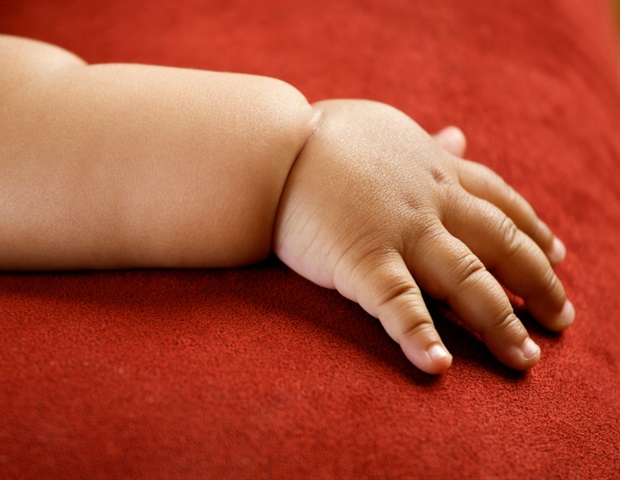
milanvirijevic/ Getty Images
Most of us are most likely to get pregnant when we see signs of ovulation, but it all comes down to how our menstrual cycle functions.
Whether you can get pregnant during your menstruation depends on how your body works before and after your period. Let us simplify it for you.
Can a woman get pregnant during menstruation?
First, let’s understand how the average menstrual cycle typically works. It begins on the first day of your menstrual period and ends on the first day of your next period. It lasts anywhere between 21 to 35 days.
From days one through six, the uterine wall sheds and secretes blood and tissue. That’s your period. From days seven to day 14, this wall thickens, and follicles form a mature egg.
On day 14, you ovulate and your ovaries release the fully-formed egg, which travels to your uterus through the fallopian tube. If your egg meets a sperm, it gets attached to the uterine wall, and voila, you’ll be pregnant. If not, your uterine walls shed again, and your next period begins.
The ovulation period is the best time to conceive because the egg is ready to mate, but there is a catch.
“For most women, the average menstrual cycle is 28 days in length, and women who have shorter cycles (21-24 days), can ovulate much earlier in the cycle,” says Jane Frederick, MD, FACOG, HRC Fertility, an affiliate of Keck School of Medicine of USC.
“The sperm can live up to 5 days in a woman’s reproductive tract, even if the woman is menstruating. If a woman has a shorter cycle and has intercourse toward the end of her period and conceived 5 days later, she may have had an early ovulation.”
What are the chances of getting pregnant on your period?
The chances are low, but there still is a chance—even if slight.
Your fertility window ranges from five days before ovulation to up to 2 days after it. But not everyone’s fertility window is the same. In fact, researchers have observed a discrepancy between the perceived length of the ovulation period and the actual ovulation period.
Dr. Frederick confirms, “If the menstrual cycle is irregular, then it is possible to get pregnant at any point in her menstrual cycle. And the chance of getting pregnant right after the menstrual period increases with each day after bleeding from the period stops.”
To know your chances of getting pregnant on your period, understand your menstrual cycle and ovulation cycle well.
When can a woman not get pregnant?
If you’re sexually active and you menstruate, there’s no specific time frame when you absolutely can’t get pregnant. If you don’t want to get pregnant, avoid having (unprotected) sex on certain days (typically from day 9 to day 19 of your menstrual cycle).
If you have PCOS or any other hormonal conditions, you might have a longer cycle or a shorter menstrual cycle. You will have a relatively uncertain fertile window which might reduce your chances of getting pregnant. But don’t worry; with the right medical guidance, many are able to conceive.
The only time you absolutely cannot be pregnant is when you’re not ovulating. This usually happens after menopause, when you’re not producing eggs anymore and your period has stopped for 12 consecutive months.
What’s the best way to avoid getting pregnant on my period?
The best way to prevent pregnancy during your period is to use contraception. You can choose from various options like a condom, a birth control pill, an IUD and so on. Be sure to consult a medical professional before you select a birth control method.
Can I have unprotected sex on my period?
Using some form of contraception is highly advised not just to avoid pregnancy but to prevent sexually-transmitted infections too.
How can I track ovulation and menstruation?
You can manually or mentally keep track of your menstrual cycle. But if you tend to have irregular periods, period-tracking or fertility-tracking apps can help. They store your data to predict your future menstrual cycles.

 PARENTING TIPS
PARENTING TIPS PREGNANCY
PREGNANCY BABY CARE
BABY CARE TODDLERS
TODDLERS TEENS
TEENS HEALTH CARE
HEALTH CARE ACTIVITIES & CRAFTS
ACTIVITIES & CRAFTS


